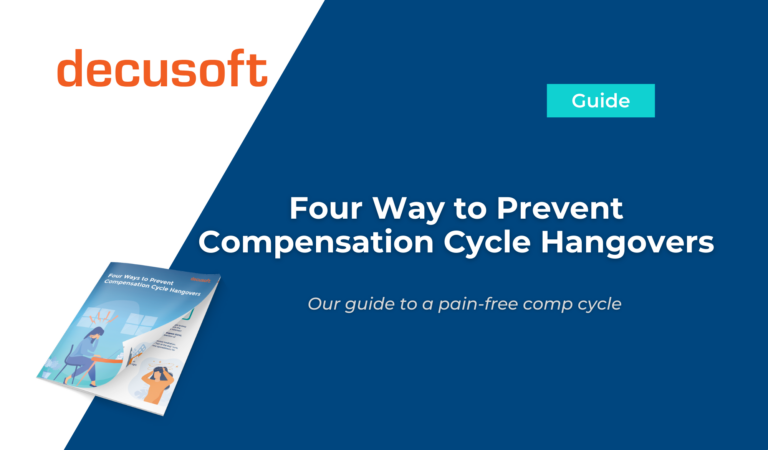I can’t imagine there is anyone out there that doesn’t want to see an end to 2020. In fact, I can’t imagine a year whose end has been looked forward to more. We are over 8 months into a life that none of us foresaw and certainly didn’t request. It has been unprecedented and unimaginable on so many levels. Personally, professionally and everywhere in-between our lives have changed. The question is what are the longer-term (and potentially permanent) effects – how much change will remain as we turn the calendar to 2021, 2022, 2023, etc.
Obviously, there are large-scale global implications to everything that is going on in the world. I do not mean to trivialize any of the goings-on by talking about compensation or even work in general, but that is the reality isn’t it? We all have to deal with the very real-world on top of everything else being heaped upon us. There are serious implications to what may seem like the mundane.
For some of us, working through the very pragmatic problems now thrust upon us at work is a very achievable way to work through the larger scale chaos. With an eye to that, I have been wondering how we can collectively work through the dynamics of change and work towards more of a proactive result than just a reactionary shift.
If you bear with me, of course, I am going to come back to the world of compensation. This is the world I have chosen to inhabit from a work perspective, so I see things through these colored lenses. Clearly, economic structure, revenue adjustments, and budgetary concerns are factoring into the playout of the payout for 2020. However, this doesn’t mean we have to approach the process with a draconian hand. In fact, I would (biasedly) contend that this is an opportunity to make adjustments and consider the process as a whole.
Frequently, compensation has been considered and treated strictly as a cost center and expense that is a cost of doing business. I think the time is right to usher in a changed perspective that gives compensation its appropriate position in the corporate landscape. We have seen this push for a few years, but the reality is with everything in flux, an opportunity is created to push the point home.
In a recent Viewpoint Paper by Ventana Research, The New Demands of Total Compensation Management, Steve Goldberg points out the following:
While workforce productivity, innovation, cost management and efficient processes will always be critical, business imperatives related to agility, enterprise-wide collaboration and transparency have also now developed into primary concerns for leadership. These themes have grown in importance largely due to three dynamics:
The need to be able to thrive in unpredictable business environments and during periods of rapid change.
The recognition that successful enterprises do not operate in functional silos, but instead enable the workforce to push collaboratively toward common goals and priorities.
The increased focus on embracing corporate values that help attract and retain top talent.
With the corporate world in flux, it is not only an opportunity but a catalyst to force the recognition of compensation as a critical business driver. One which has a direct effect on the rest of the organization and the bottom line. For too long, HR departments and compensation professionals have been underserved by budget and technology. As we look to the future, both immediate and long-term, it is going to be vital for firms to recognize the importance of compensation and HR in aggregate as critical in not only surviving but thriving when 2020 is in the rearview.



